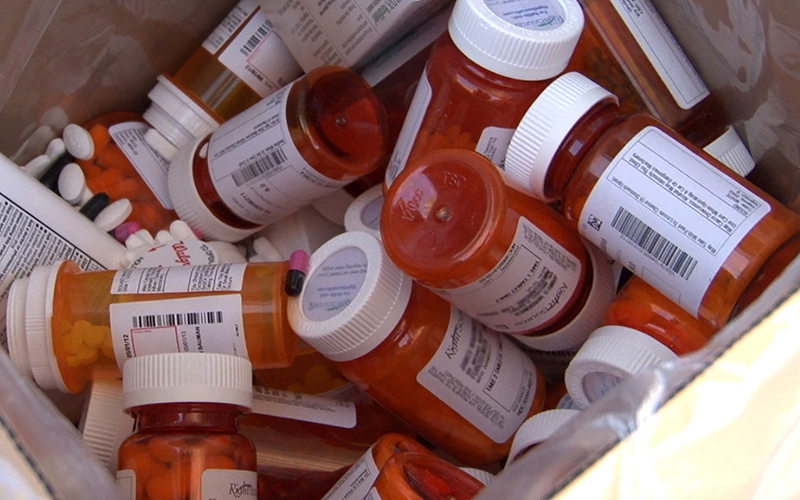PHOENIX – The U.S. surgeon general is urging those who support the fight against the nationwide opioid epidemic to take his #TurnTheTide pledge.
Are you part of the medical community?
Dr. Vivek Murthy, the U.S. surgeon general, started the campaign – aimed mostly at health care professionals – to raise awareness about opioid abuse and help connect patients with safe and effective treatment.
“We often struggle to balance reducing our patients’ pain with increasing their risk of addiction. But, as clinicians, we have the unique power to help end this epidemic,” Murthy said in a statement.
Participants can find the pledge through the office’s website. The surgeon general’s office also organized a campaign using a website called Thunderclap, a crowd-speaking platform that allows people to share a social media post about a cause or movement at the same time. That campaign ended Friday.
Dr. Cara Christ, the director at Arizona Department of Health Services, is one of the local health care professionals supporting the movement. She and other state health leaders met with the surgeon general in June when he visited Arizona during a nationwide tour.
“They actually reached out to us as one of the states they wanted to visit on their ‘Turn the Tide’ tour,” Christ said. “The surgeon general has taken on this issue to lift it up and gain awareness – not only among states, but also to health care providers.”
In 2014, 1,052 people in Arizona required emergency room treatment for opioid overdoses, according to the Arizona Department of Health Services.
Data from the Centers for Disease Control and Prevention shows that opioids are the main driver for overdose deaths, with 28,647 deaths nationwide in 2014.
“We know that approximately every three out of four heroin users started on prescription drugs, so it is one of those progressive pathways to potentially end up as a heroin user,” Christ said. “The pledge is to remind physicians on how important it is to utilize good prescribing practices.”
A recent study published in the Drug and Alcohol Dependence journal indicated that although some opioid abusers get the drugs through “pill mills” or through illicit means, most get them through legitimate health care providers.
And, the article noted, most medical schools “devote an extremely small amount of time to evidence-based opioid therapy, pain management and substance use disorder treatment.”
Many physicians consistently said their medical education did not adequately prepare them to deal with those issues, according to the study.
For more information on the campaign or how to get involved, visit Thundercap.
